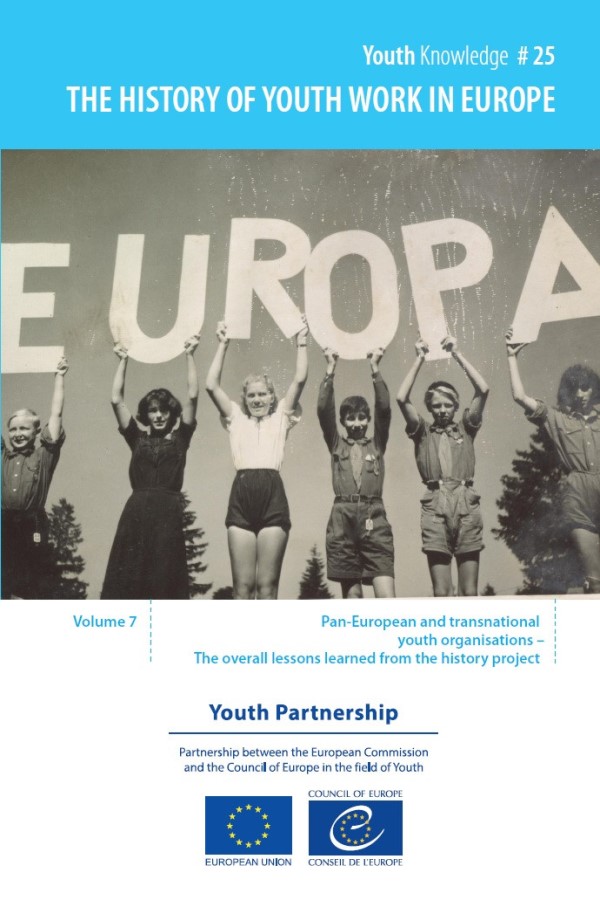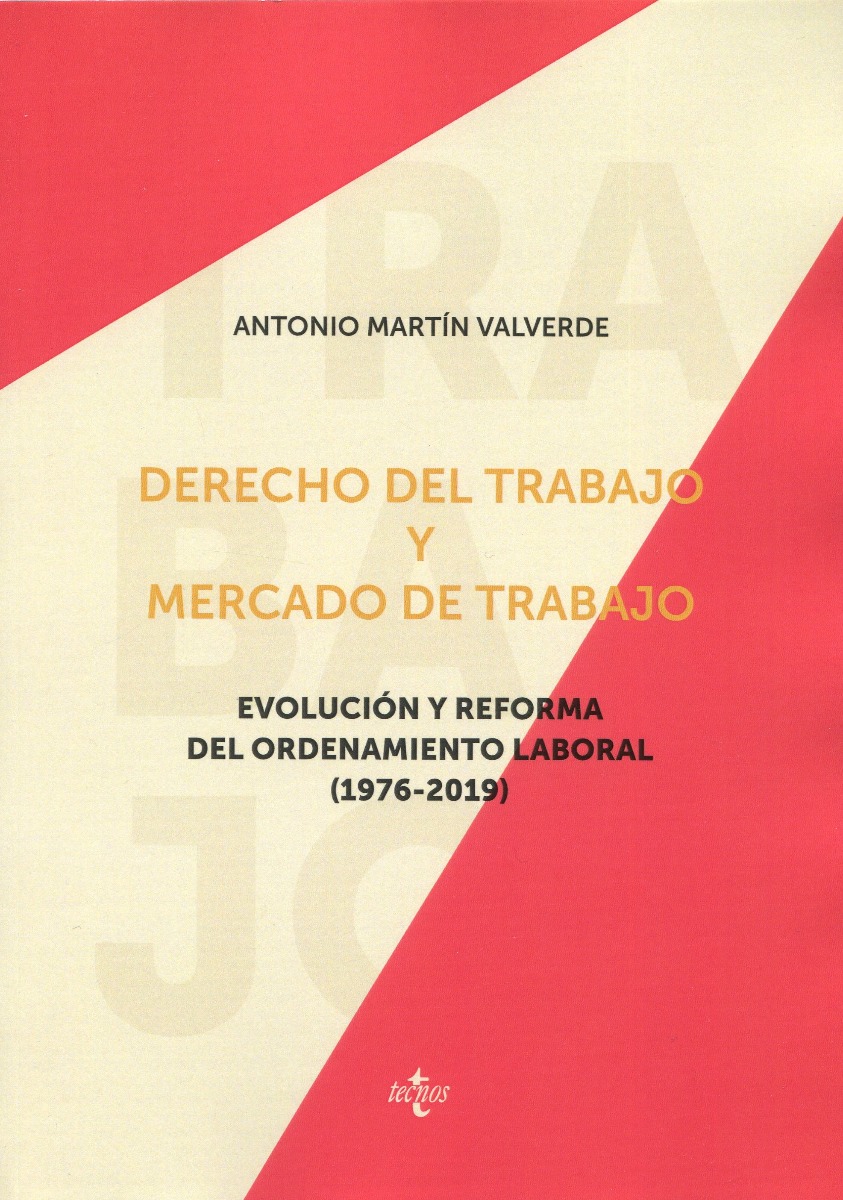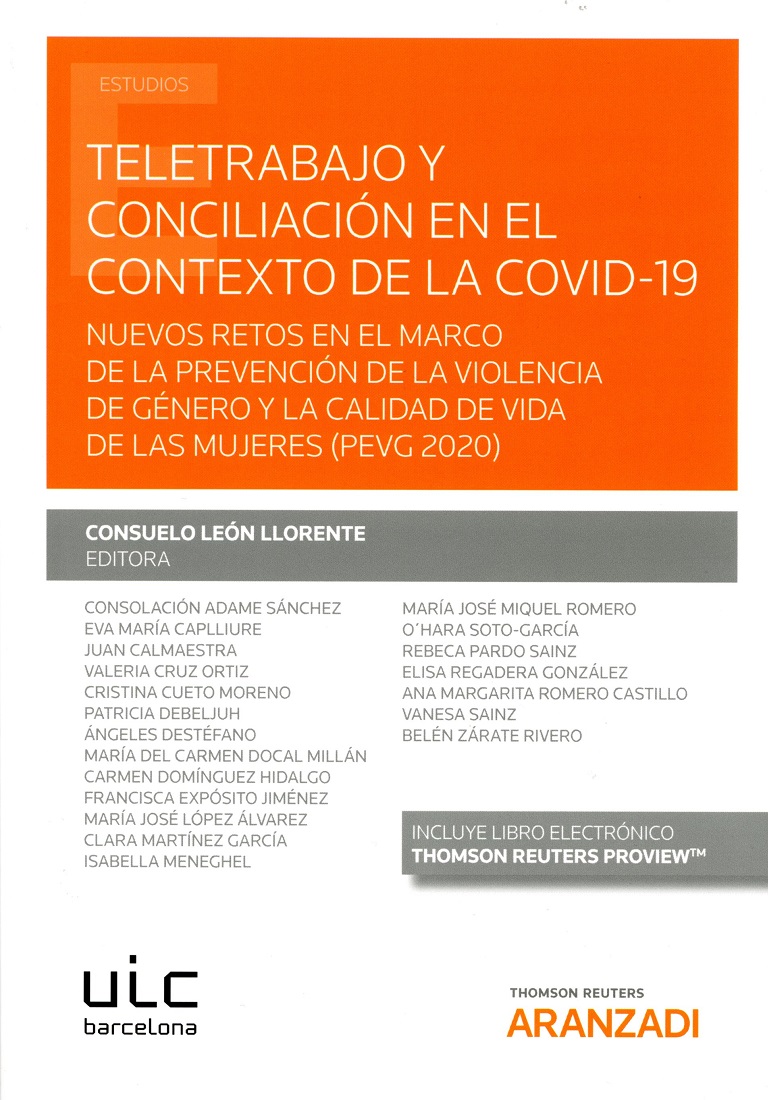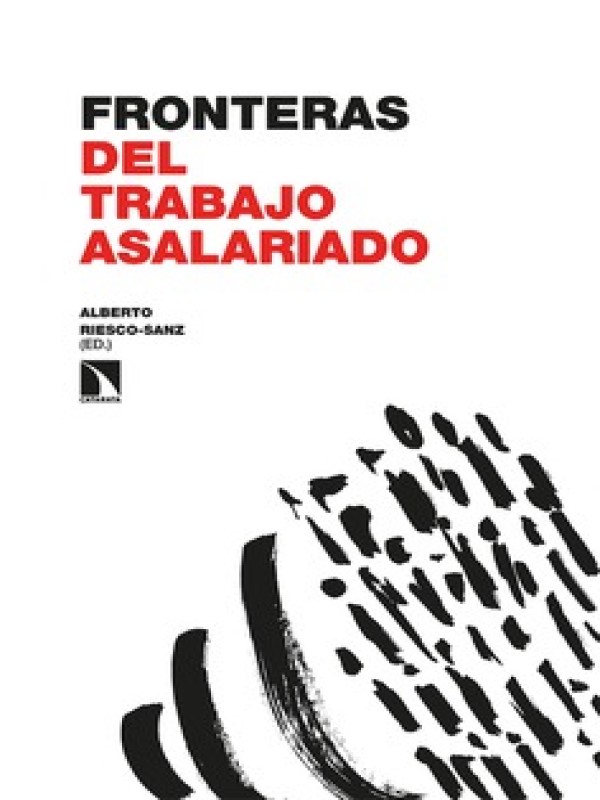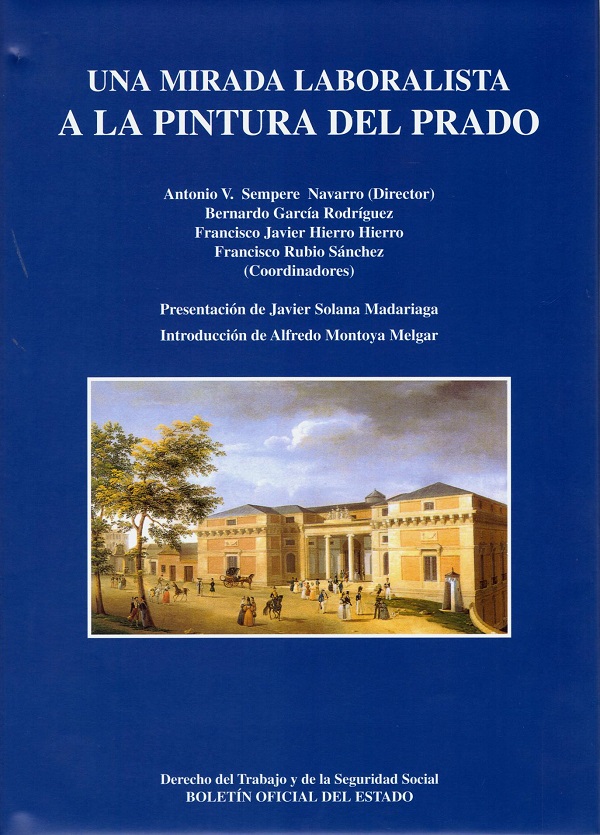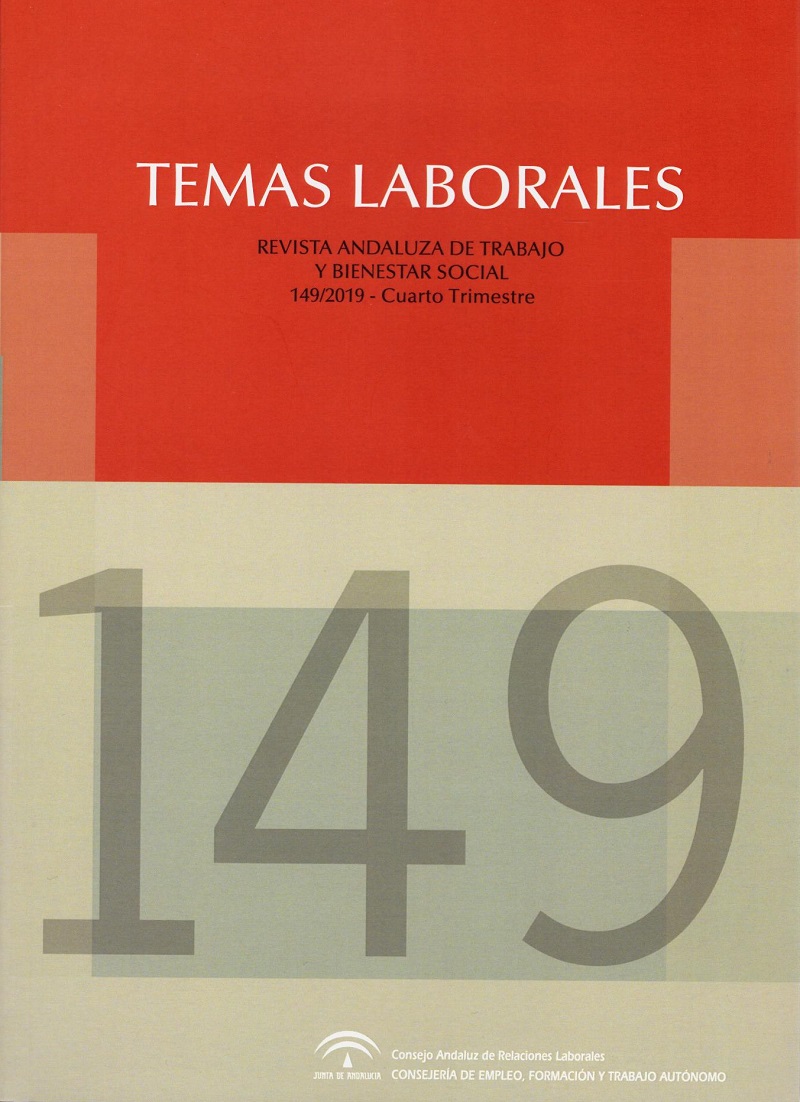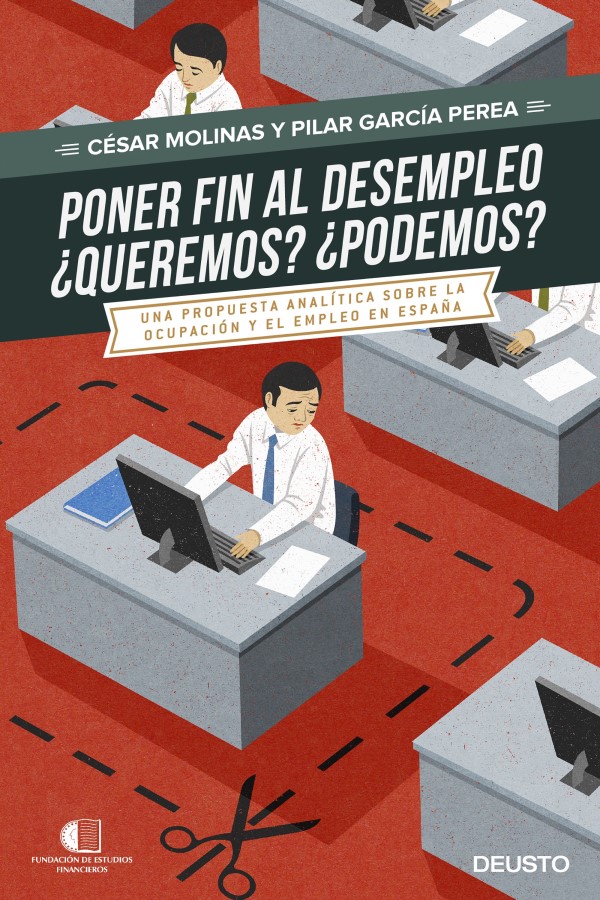Why have political, social or environmental causes often been behind the origin and evolution of youth organisations? Have other ideas been influential too? Why have some organisations expanded well beyond their countries of origin? To what extent have they held firm to their original values and raison d’être, and to what extent have they adapted and evolved in changing circumstances? How have they related to youth policy or youth work agendas? How vulnerable have they been to ideology, context or political influences? Which of their characteristics have persisted over time? These are some of the questions that are explored in this book, which draws on contributions from the last seminar on the history of transnational youth organisations and their relation to youth work today.
This book has three parts. The first part explores the evolution of transnational youth organisations and movements over the past 100 years. The second part adds two more country histories of youth work to the body of knowledge already established in earlier volumes in the series. The third and final part focuses on 12 “trilemmas” and reflections that have emerged from the 10-year History of Youth Work in Europe project. This anchors an invitation to the youth work community of practice to consider and debate each trilemma, independently and in relation to each other, in the context of both the local environments of youth work delivery and across the wider European youth policy context, in anticipation of the 3rd European Youth Work Convention.
PREFACE
Tanya Basarab, Hanjo Schild and Jan Vanhee
INTRODUCTION – THE CHAPTERS AND SOME OVERARCHING OBSERVATIONS
Howard Williamson and Filip Coussée
CHAPTER 1 – AIESEC
Tanja Dibou
CHAPTER 2 – EUROPEAN FEDERATION FOR INTERCULTURAL LEARNING (EFIL)
Elisa Briga
CHAPTER 3 – THE EUROPEAN CONFEDERATION OF YOUTH CLUBS
Ioana Şurubaru
CHAPTER 4 – DON BOSCO YOUTH-NET – DEVELOPING A EUROPEAN YOUTH WORK ORGANISATION THROUGH YOUTH PARTICIPATION AND HISTORICAL RESEARCH, 1841-2000
Rein Meus
CHAPTER 5 – WORLD SCOUTING: A CENTURY OF WORK FOR YOUTH EMPOWERMENT
Eduard Vallory
CHAPTER 6 – HISTORY OF THE RED CROSS AND RED CRESCENT YOUTH
Vesselina Valcheva Dimitrova
CHAPTER 7 – INTERNATIONAL YOUNG NATUREFRIENDS
Petre Mrkev
CHAPTER 8 – THE DUKE OF EDINBURGH’S INTERNATIONAL AWARD
Amy Pearce and Melek De-Wint
CHAPTER 9 – INTERNATIONAL FALCON MOVEMENT – SOCIALIST EDUCATION INTERNATIONAL (IFM-SEI): A HISTORY OF THE MOVEMENT IN THE CONTEXT OF THE POLITICAL AND SOCIAL INFLUENCES OF THE 20TH CENTURY
Sabine Troitzsch
CHAPTER 10 – EUROPE IN THE INTERWAR YEARS: YOUTH ORGANISATIONS OF AUTHORITARIAN REGIMES
Eli Pilve, Marti Taru, Simona Sglavo
CHAPTER 11 – THE KOMSOMOL AND YOUTH ORGANISATIONS IN BELARUS
Olga Khabibulina
CHAPTER 12 – THE TURBULENT HISTORY OF YOUTH WORK IN BOSNIA AND HERZEGOVINA
Lana Pasic
CHAPTER 13 – YOUTH WORK IN UKRAINE: FROM SOVIET MODEL TO INTERNATIONAL INTEGRATION
Yevgeniy Borodin
CHAPTER 14 – REFLECTIVE TRIALOGUE: CONCLUSIONS FROM THE HISTORY PROJECT – 12 TRILEMMAS FOR YOUTH WORK
Howard Williamson and Filip Coussée
NOTES ON CONTRIBUTORS
Laura Cristina Morell Aldana
Es Magistrada del Juzgado de 1.ª Instancia e Instrucción n.º 4 de Alcoy y Juez decana. Licenciada en Derecho por la Universitat de València (Premio extraordinario de fin de carrera).
Doctora en derecho (calificación de sobresaliente «cum laude»). Su vinculación con el derecho penal de la seguridad vial comenzó tempranamente, logrando el premio final en el XII Certamen de Estudios Penales «Pedro Dorado Montero» de la Universidad de Salamanca, por el trabajo «La conducción homicida-suicida» en abril de 2005.
Miembro electo de la Sala de Gobierno del Tribunal Superior de Justicia de la Comunidad Valenciana durante los años 2014-2016, ha colaborado en diversas publicaciones digitales tratando la problemática de los VMP, como docente en la Escuela de práctica jurídica del Ilmo. Colegio de Abogados de Alcoy.

